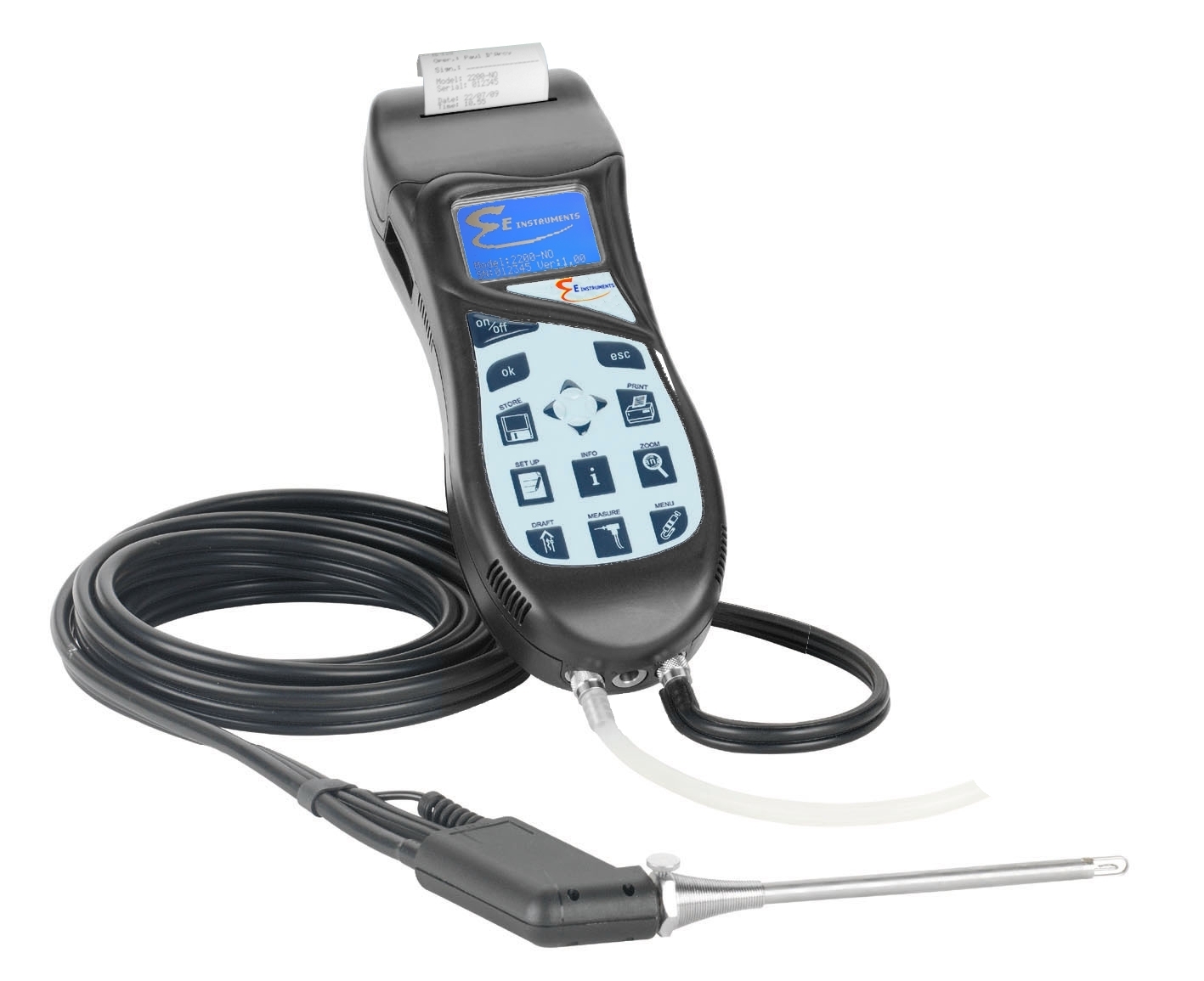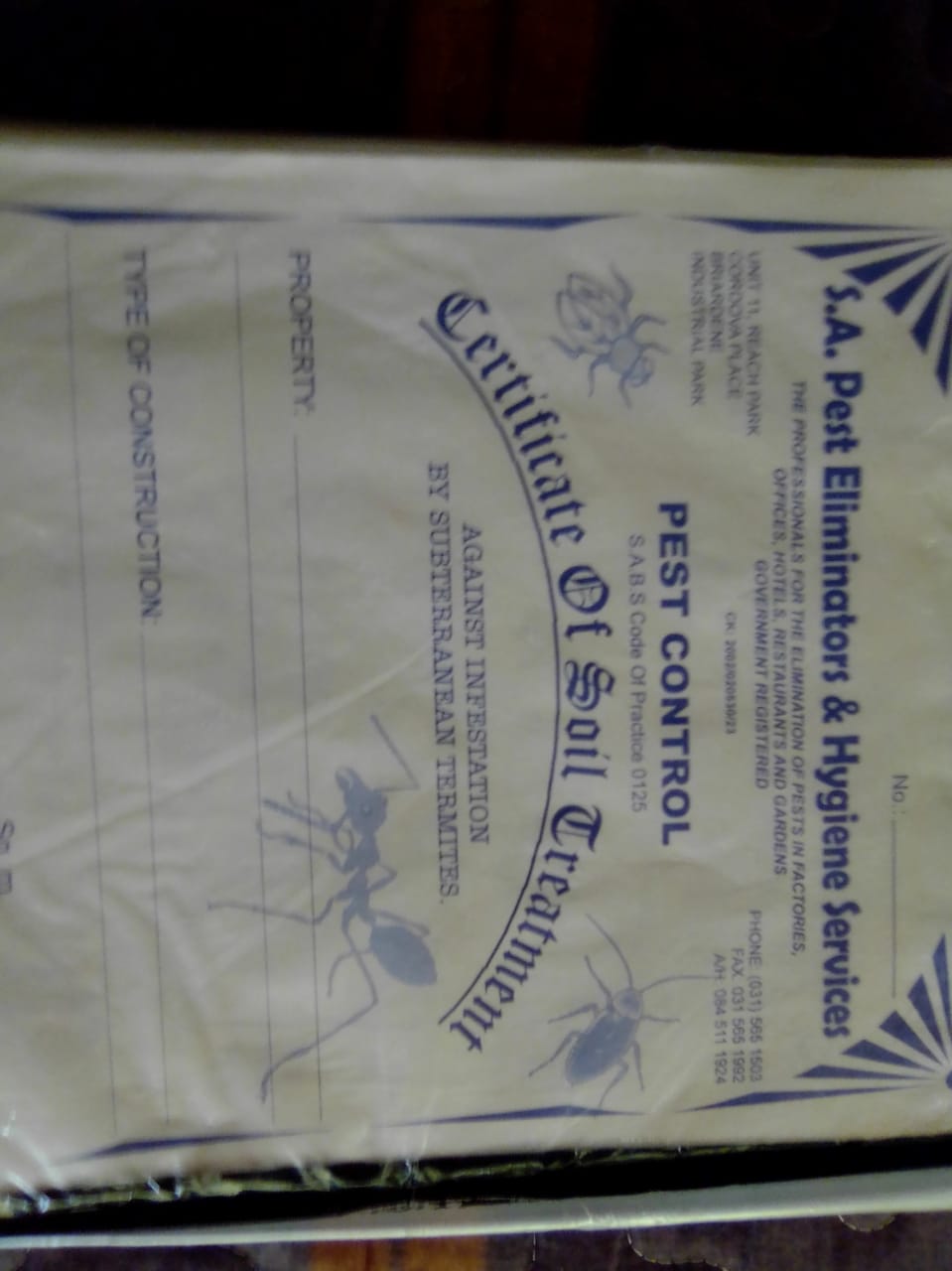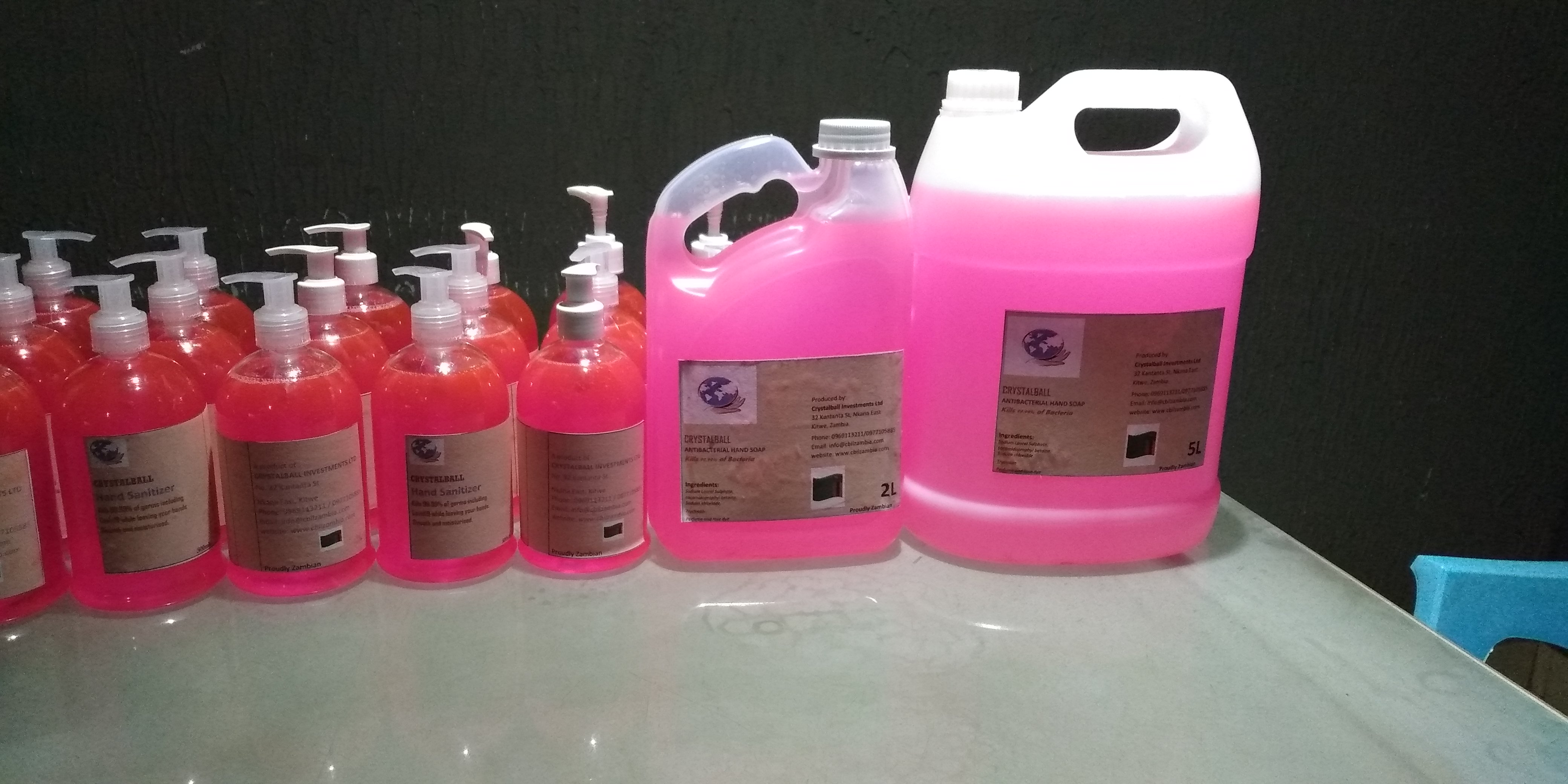CORONA VIRUS AWARENESS
Social distancing
Together, we can slow the spread of COVID-19 by making a conscious effort to keep a physical distance between each other. Social distancing is proven to be one of the most effective ways to reduce the spread of illness during an outbreak.
This means making changes in your everyday routines to minimize close contact with others, including:
- avoiding crowded places and non-essential gatherings
- avoiding common greetings, such as handshakes
- limiting contact with people at higher risk like older adults and those in poor health
- keeping a distance of at least 2 arms-length (approximately 2 metres) from others
Hygiene
Proper hygiene can help reduce the risk of infection or spreading infection to others:
- wash your hands often with soap and water for at least 20 seconds, especially after using the washroom and when preparing food
- use alcohol-based hand sanitizer if soap and water are not available
- when coughing or sneezing:
- cough or sneeze into a tissue or the bend of your arm, not your hand
- dispose of any tissues you have used as soon as possible in a lined waste basket and wash your hands afterwards
- avoid touching your eyes, nose, or mouth with unwashed hands
- clean the following high-touch surfaces frequently with regular household cleaners or diluted bleach (1 part bleach to 9 parts water):
- toys
- toilets
- phones
- electronics
- door handles
- bedside tables
- television remotes
Wearing masks
If you are a healthy individual, the use of a mask is not recommended for preventing the spread of COVID-19.
Wearing a mask when you are not ill may give a false sense of security. There is a potential risk of infection with improper mask use and disposal. They also need to be changed frequently.
However, your health care provider may recommend you wear a mask if you are experiencing symptoms of COVID-19 while you are seeking or waiting for care. In this instance, masks are an appropriate part of infection prevention and control measures. The mask acts as a barrier and helps stop the tiny droplets from spreading you when you cough or sneeze.
Risks of getting coronavirus
COVID-19 is a serious health threat, and the situation is evolving daily. The risk will vary between and within communities, but given the increasing number of cases in Zambia and limited health facilities, the risk to Zambians is considered high.
This does not mean that all Zambians will get the disease. It means that there is already a significant impact on our health care system. If we do not flatten the epidemic curve now, the increase of COVID-19 cases could impact health care resources available to Zambians.
The risk for COVID-19 may be increased for certain settings such as:
- cruise ships
- crowded areas (such as Black Markets and shopping centres)
- gatherings (spiritual and cultural settings, theatres, sports arenas, festivals and conferences)
There is an increased risk of more severe outcomes for everyone:
- aged 65 and over
- with compromised immune systems
- with underlying medical conditions
People that fall into these categories should reconsider attending gatherings. This includes large gatherings and even smaller events in crowded or enclosed settings.
If you have symptoms (cough, fever or difficulty breathing), do not attend a mass gathering, event or places where people gather. You could put someone whose health is vulnerable at risk.
Travellers
The risk for getting COVID-19 may be increased for travellers. Zambians are advised to avoid all non-essential travel. If you must travel, check the latest travel advice before you leave.
Pregnant women
Throughout pregnancy, women experience changes in their bodies that may increase the risk of some illnesses, including viral respiratory infections, such as the flu. At this time, there is insufficient evidence to suggest that pregnant women are at a greater risk for more serious outcomes related to COVID-19.
It is always important for pregnant women to protect themselves from illnesses and take the appropriate steps to avoid and prevent infection. Proper hygiene can help reduce the risk of getting an infection or spreading infection to others.
If you are pregnant and concerned about COVID-19, speak to your health care provider.
Products shipped from outside of Zambia
Coronaviruses generally do not survive on surfaces after being contaminated. The risk of spread from products shipped over a period of days or weeks at room temperature is very low.
There is no known risk of coronaviruses entering Zambia on parcels or packages.
Food
There is currently no evidence to suggest that food is a likely source or route of transmission of the virus. Scientists and food safety authorities across the world are closely monitoring the spread of COVID-19.
Animals in Zambia
There is currently no evidence to suggest that this virus is circulating in animals in Zambia.
It is possible that some types of animals can be infected with COVID-19 but there is no evidence that pets or other animals can spread the virus. There are still many unknowns about COVID-19 and this is an area that remains to be studied and understood.
Until we know more, if you have been diagnosed with COVID-19 and have a pet or other animal:
- avoid close contact with them
- do not snuggle or kiss them, or let them lick you, sit on your lap, or sleep in your bed
- practice good cough etiquette
- avoid coughing and sneezing on your animals
- have another member of your household care for your animals
- if this is not possible, always wash your hands before touching or feeding them
- limit your animal's contact with other people and animals
- this may mean keeping them indoors
To date, there have not been any reports of livestock being infected by COVID-19 anywhere. However, livestock producers should follow normal biosecurity measures as always. This includes limiting visitors or workers who may have travelled to, or been in contact with, someone from an affected area.








